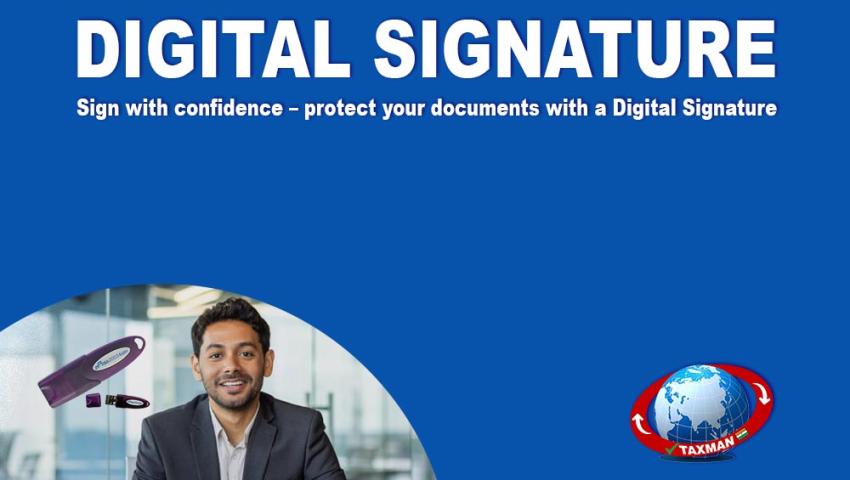Digital Signature
Digital Signature
A Digital Signature is a cryptographic mechanism used to validate the authenticity and integrity of digital messages or documents. It is a secure method to verify the identity of the sender and ensures that the content of the message has not been altered during transmission. Digital signatures are widely used in various legal, financial, and business transactions, particularly in India, to ensure compliance with government regulations and prevent fraud.
What is a Digital Signature?
A Digital Signature is a unique digital code attached to an electronically transmitted message or document. It is created using a private key, which is part of a public-private key pair. When someone sends a document or message, the sender uses their private key to sign it. The recipient can then use the sender’s public key to verify that the message has not been tampered with and that it was indeed sent by the legitimate sender.
Why is a Digital Signature Important?
- Security: Digital signatures provide a high level of security by ensuring that the contents of a document have not been altered after it was signed.
- Authentication: It verifies the identity of the sender and ensures that the message or document originated from the claimed source.
- Non-repudiation: Once a digital signature is applied to a document, the sender cannot deny having sent the message. This ensures accountability and trust in electronic transactions.
- Legal Validity: In many countries, including India, digital signatures have the same legal status as handwritten signatures for many business and legal purposes.
Types of Digital Signatures
- Class 1 Digital Signature: This is used for email communication and is typically used for personal use. It verifies the identity of the email sender.
- Class 2 Digital Signature: Class 2 signatures are commonly used for filing documents with the Registrar of Companies (ROC) and income tax returns. It verifies the identity of the person applying for the signature.
- Class 3 Digital Signature: This is used for more sensitive and secure transactions, such as e-commerce, online trading, and government tenders. It offers the highest level of security and authentication.
Documents Required for Digital Signature
To apply for a Digital Signature Certificate (DSC), you will need to submit the following documents:
- Identity Proof: A government-issued identity proof such as an Aadhaar card, passport, voter ID, or driving license.
- Address Proof: A government-issued address proof such as a utility bill, bank statement, or passport.
- Photographs: A passport-sized photograph of the applicant.
- Business Documents: For business entities, a copy of the company’s certificate of incorporation and the PAN card of the company or its authorized signatory.
How to Apply for a Digital Signature?
- Step 1: Choose a certifying authority (CA) approved by the Controller of Certifying Authorities (CCA) in India.
- Step 2: Fill out the Digital Signature application form on the certifying authority’s website.
- Step 3: Submit the required documents (identity proof, address proof, photographs, and business documents if applicable).
- Step 4: Complete the online verification process, which may involve an in-person verification or video verification.
- Step 5: Once your application is approved, you will receive your Digital Signature Certificate (DSC) along with a USB token for secure storage.
Why Choose Global Taxman for Digital Signature Registration?
At Global Taxman, we provide a seamless process for acquiring Digital Signature Certificates. Our team of experts ensures that your application is correctly processed, and the required documents are submitted in a timely manner. Whether you are an individual or a business entity, we help you choose the appropriate class of digital signature and assist with the entire registration process. With our professional services, you can ensure that your online transactions are secure and legally compliant.

Digital Signature
Looking for a secure Digital Signature Certificate? Apply online and safeguard your documents, messages, and e-transactions with Experts secure your e-sign.
